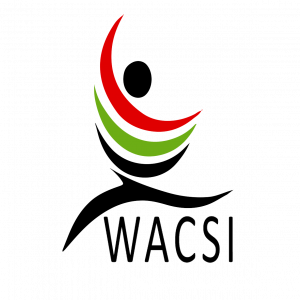The last decade has seen a resurgence of social movements in Africa. In West Africa in particular, visible examples of collective citizen action can be seen splashed across news headlines on an increasingly regular basis. According to a recent ODI report on “political voice,” 37 protests between 2006 and 2013 involved over 1 million people across the globe. Yet, social movements are under-studies and under-theorized in Africa. Much of the discourse about social mobilization is confined to studies of Latin America, Europe or North America.
In this article, Charles Kojo Vandyck and Christian Elongué of West African Civil Society Institute (WACSI) present key characteristics of some contemporary social movements in Africa, analyzing challenges and limits the social movements are facing and suggesting strategies to overcome them. The authors suggest that social movements broaden their field of vision beyond tactical efforts to build alliances across sectors in order to execute longer-term strategies. They also urge philanthropists to adjust their practices to support social movements without overly bureaucratizing them.
The authors conclude that social movement activism should not end with short-term mobilization tactics calling attention to injustice; it should also contribute to transforming the structures, practices, cultures and systems that promote poverty, inequality and injustice.
The full article can be found on the website of the West African Civil Society Institute.
Photo by Avel Chuklanov on Unsplash

